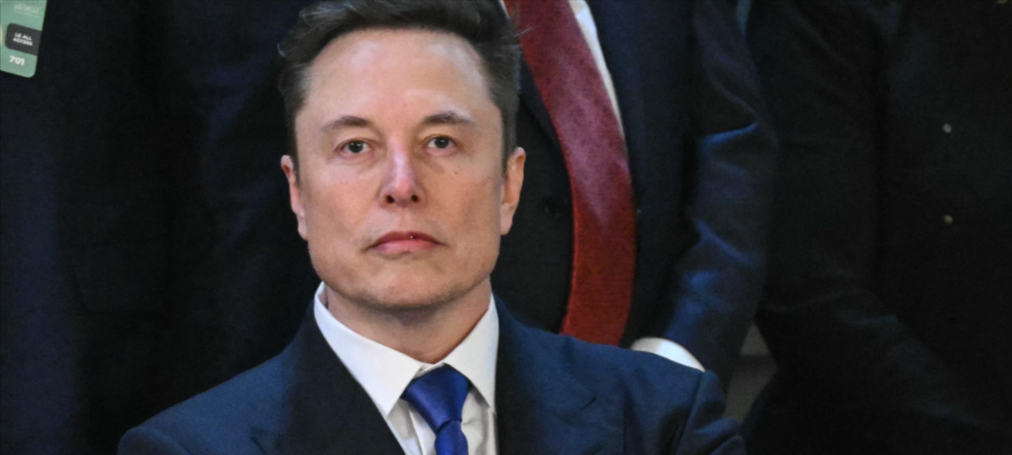DOGE Uncovers ‘Magic Money Computers’ Issuing Payments From Treasury

Elon Musk informed Sen. Ted Cruz (R-TX) on Monday that "magic money computers" embedded within the U.S. government are generating payments "out of thin air," leaving legislators unaware of the full scope of federal expenditures.
During an appearance on Cruz’s podcast, Musk disclosed that 14 such systems are operating within the U.S. Treasury and various other federal agencies, enabling large financial transactions without adequate documentation. According to Musk, in departments where these systems exist, the reported spending presented to Congress could be inaccurate by as much as 5 percent of the total budget. Cruz further speculated that these discrepancies could amount to “trillions” of dollars in misallocated funds.
“They’re mostly at Treasury,” Musk stated when discussing the computers identified by his U.S. Department of Government Efficiency (DOGE). “But there’s some at [Health and Human Services], there’s one or two at State, there’s some at [the Department of Defense].”
“I think we’ve found now 14 magic money computers. They just send money out of nothing,” he told the Texas senator.
Elaborating on DOGE’s investigation, Musk explained that these systems hinder the Treasury Department’s ability to provide lawmakers with a complete and accurate picture of government expenditures.
“You may think that government computers all talk to each other, they all synchronize, they add up what funds are going somewhere and it’s coherent, and that the numbers you’re presented as a senator are actually the real numbers. They’re not,” he stated.
“How does it work?” Cruz inquired.
Musk simply replied: “It just issues payments!”
WATCH:
🚨MAGIC MONEY ALERT🚨@elonmusk says numerous government computers can make payments by creating money out of thin air without an actual ledger.
— Breanna Morello (@BreannaMorello) March 17, 2025
SENATOR TED CRUZ: So how does that work?
ELON MUSK: It just issues payments. pic.twitter.com/AWfGDf5GDh
As the issuer of the U.S. dollar, the federal government has the capability to create currency in order to fulfill financial obligations, a principle linked to modern monetary theory.
Analysts speaking to the Daily Mail suggested that Musk’s revelations could be a strategic move aimed at pressuring Trump Treasury Secretary Scott Bessent to put an end to this contentious system.
“Either Elon is dumb, which we know he’s not, or this is a cynical ploy to undermine trust in Treasury. @SecScottBessent should tell us whether he agrees with this,” journalist Laura Windsor wrote on X.
“They’re actually kinda correct. The federal government issues money out of thin air. It’s not like a household that needs to have a dollar before spending it. The gov is the issuer of the dollar—so it creates it. We can either use it to pay for healthcare or fund wars overseas,” commented The Debt Collective, an organization advocating for student loan borrowers to withhold payments as a form of protest.
Earlier this month, DOGE released startling findings indicating that the Biden-Harris administration had allocated hundreds of millions of dollars in federal contracts to an unexpected demographic: children.
A government report disclosed that the Small Business Administration had distributed $312 million in payments to companies purportedly owned by individuals under the age of 11. This revelation comes amid DOGE’s broader efforts to expose and eliminate waste, fraud, and abuse in federal financial practices.
“While it is possible to have business arrangements where this is legal, that is highly unlikely for these 5,593 loans, as they all also used an SSN with the incorrect name,” the agency stated. “@DOGE and @SBAgov are working together to solve this problem this week.”
Additionally, DOGE uncovered that between 2021 and 2022, a further $333 million was issued in 3,095 loans to businesses allegedly owned by individuals aged 115 or older.
In the case of businesses supposedly owned by minors, Biden administration officials approved nearly 5,600 such loans between 2020 and 2021. Most of these loans were forgiven without repayment, provided that the recipients pledged to use the funds to prevent staff layoffs.